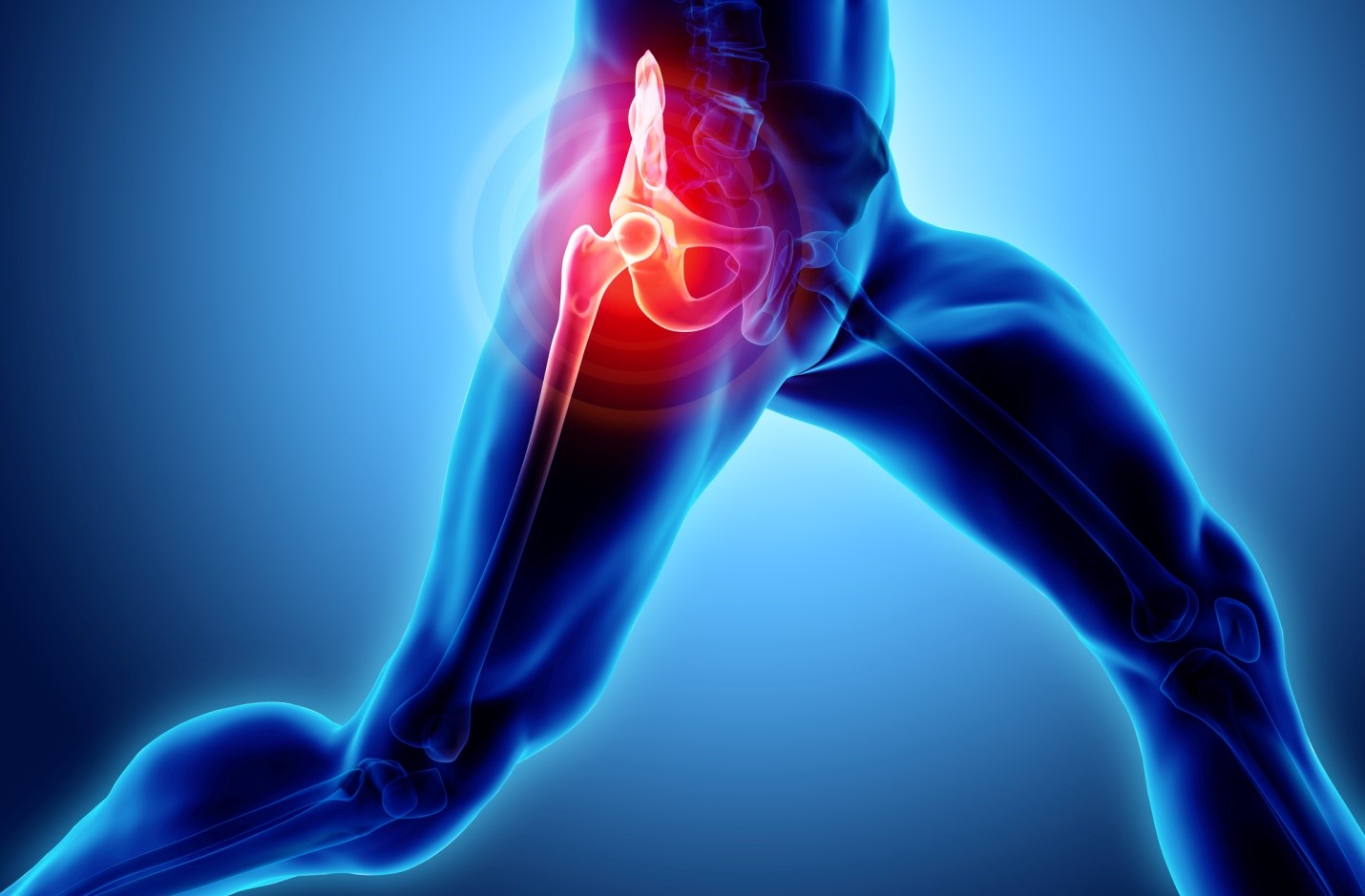
The hip is a ball-and-socket joint that gives support to an overall upper body’s weight. Hip pain is a debilitating illness that can become chronic. If you have hip pain or are experiencing symptoms of hip discomfort, you should see your doctor as soon as possible. The longer you wait to treat it, the more serious it will get. Hip discomfort could be caused by a disorder that affects your lower spine or the nerves around it. The following are the main causes of hip discomfort. Hip muscles and tendons might become overworked.
If your hips are bothering you, here’s an overview of what could be triggering your pain:-
Fractures
Hip fractures are prevalent in elderly persons and those with osteoarthritis, a condition wherein the bones deteriorate as a result of age or other circumstances.
Hip fractures create excruciating, abrupt hip pain that necessitates quick hospital treatment. A blood clot in the leg is one of the problems that might result from a fractured hip.
Dislocation
Dislocation of the hip bone could occur as a result of a mishap or a sports injury, in which the ends of the bones are forced out of their usual position. This is a significant injury that can completely paralyze the hip joint, making movement extremely difficult!
Tendinitis
Tendinitis is a condition in which the tendon becomes inflamed. Any tendon in the body can be affected, however, it most usually affects the shoulders, elbows, wrists, knees, and hips. An inflammatory tendon is more likely to rupture, necessitating operative repair. Tendinitis is more common in professional dancers, gymnasts, the elderly, and long-distance athletes.
Arthritis
Hip discomfort is commonly caused by osteoarthritis and rheumatoid arthritis, especially in elderly persons. Arthritis of the hip socket causes inflammation and the destruction of the cartilage which supports your hip bones. The discomfort increases with time. The hips of people with arthritis are tight and have limited mobility.
Hip-snapping syndrome
A snapping sound or sensation in the hip characterizes snapping hip syndrome, which most typically affects dancers or athletes. This snapping can happen while walking or rising from a chair, for example. The ailment is normally painless, however, in certain circumstances, it can be painful.
Impingement
This is most common among young individuals. The labrum, a thin layer that wraps around the border of the hip socket, can be damaged if there is an impingement between the apex of the femur bone from the outside of the hip.
Bad Sitting posture
When you’re seated, poor alignment or sitting slumped over is a typical cause of hip pain. The strain on your hips can be increased by sitting with bad posture or without the proper back and hip bracing. While sitting, this tension might cause hip pain. When you’re seated, folding your legs or slumping to one side can exert additional strain on one or both hips.
Sciatica
Sciatica is an aggravation or swelling of the sciatic nerve, the individual body’s largest nervous system, which begins in the lower spine and ends just below the hips. A lumbar disc herniation, nerve damage, piriformis syndrome, or intervertebral disk degeneration can cause sciatic nerve discomfort that runs down the side of the thigh. Anterior hip and pelvic pain is a common sign of sciatica.
Lupus
Lupus, like inflammatory arthritis, is an autoimmune disorder. Whenever the immune response is out of equilibrium, it targets the inflammation of the joints. Lupus can cause swelling or injury to the hip joints. You may get hip pain when sitting on the floor if you have lupus.
Back and gynecological problems
Women’s hip discomfort might be caused by gynecological issues. Endometriosis can produce tingling and soreness in the pelvis, which some women mistake for hip pain. During menstruating, women may have hip pain. Back and spine pain can also manifest itself in the glutes and hips. Hip discomfort is more common in women than it is in males.
Hip discomfort can be caused by a variety of factors, including joint problems and overuse. Hip discomfort, regardless of the cause, can be aggravating and even disabling for some individuals. It is critical to address this condition as soon as possible, whether it is a slight inconvenience or a hindrance to your everyday activities. Untreated hip discomfort can result in physical compensatory, which can lead to back or leg pain. Just as you should visit your doctor to be sure there isn’t a more severe underlying condition, many solutions will help you feel better and live more freely.
Tips to avoid Hip pain
- When you’re sitting, add a back or seat role in improving your form. Use a firm cushioning or a foam basis for the base.
- When you’re seated, pay attention to where your feet rest. They should be completely flat on the ground.
